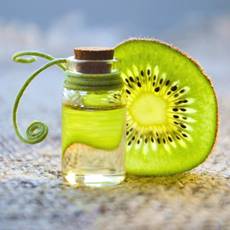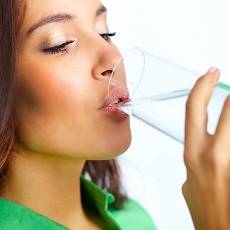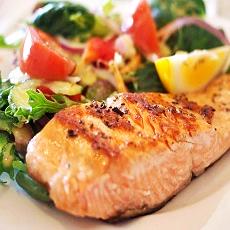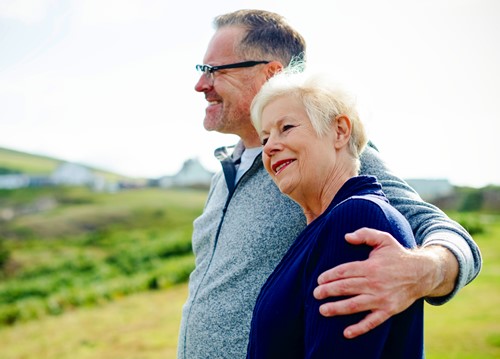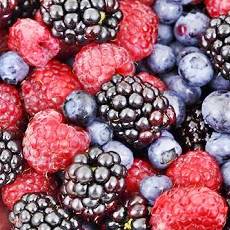Body Care: Tips for healthy skin
Skin care and aging
Fact Checked
×All the content published in our website is fact checked to validate its accuracy.
Visit our guidelines web page to learn more about our strict processes regarding how we review our content's sources: reliable and reputable journals, media websites, universities, colleges, organizations, and professionals.
Our articles are based on scientific evidence, and the references are included in its footnotes, which are clickable links to sound scientific papers.
First published: 02.Nov.2018
Tips for Body Care as you Age
Skin changes with age and this isn't only a cosmetic problem, it can also impact your psychological wellbeing, and your quality of life (eczema, itching, dryness, are all problematic skin disorders).
Our skin and hair are our most visible organs, and taking care of them is very important.
In this article, you will find some anti-aging body care and skin care tips. We will review what you can do, from a sound scientific point of view to keep your skin healthy as you age.
Looking after your body involves much more than applying cosmetics to your skin. Learn why below.
References and Further Reading
(1) Moyer CA, Seefeldt L, Mann ES, Jackley LM, (2011). Does massage therapy reduce cortisol? A comprehensive quantitative review. J Bodyw Mov Ther. 2011;15(1):3-14. doi: 10.1016/j.jbmt.2010.06.001
(2) Bello D, White-Traut R, Schwertz D, Pournajafi-Nazarloo H, Carter CS (2008). An exploratory study of neurohormonal responses of healthy men to massage. J Altern Complement Med. 2008;14(4):387-394. doi: 10.1089/acm.2007.0660
(3) Ushma S. Neill (2012). Skin care in the aging female: myths and truths. J Clin Invest. 2012 Feb 1; 122(2): 473-477. 2012 Feb 1. doi: [10.1172/JCI61978]
(4) Nandini D. Basavaiah and Deepak B. Suryakanth (2012). Propolis and allergic reactions. J Pharm Bioallied Sci. 2012 Oct-Dec; 4(4): 345. doi: [10.4103/0975-7406.103279]
(5) Rutherford T, Nixon R, Tam M, Tate B. (2007). Allergy to tea tree oil: retrospective review of 41 cases with positive patch tests over 4.5 years. Australas J Dermatol. 2007 May;48(2):83-7.
(6) Miest RY, Yiannias JA, Chang YH, Singh N. (2013). Diagnosis and prevalence of lanolin allergy. Dermatitis. 2013 May-Jun;24(3):119-23. doi: 10.1097/DER.0b013e3182937aa4
(7) Andrew Hankinson, Benjamin Lloyd, and Richard Alweis, (2014). Lime-induced phytophotodermatitis. J Community Hosp Intern Med Perspect. 2014; 4(4): 10.3402/jchimp.v4.25090. 2014 Sep 29. doi: [10.3402/jchimp.v4.25090]
(8) Miranda A. Farage, Kenneth W. Miller, Peter Elsner, and Howard I. Maibach, (2013). Characteristics of the Aging Skin. Adv Wound Care (New Rochelle). 2013 Feb; 2(1): 5-10. doi: [10.1089/wound.2011.0356]
(9) Castillo V. (2017). Relationship Between Water Consumption and Overall Skin Complexion Satisfaction in Individuals Ages 18-24. Thesis, Texas Christian University
(10) Silke K. Schagen, Vasiliki A. Zampeli, Evgenia Makrantonaki, and Christos C. Zouboulis, (2012). Discovering the link between nutrition and skin aging. Dermatoendocrinol. 2012 Jul 1; 4(3): 298-307. doi: [10.4161/derm.22876]
(11) Ortiz A, Grando SA., (2012). Smoking and the skin. Int J Dermatol. 2012 Mar;51(3):250-62. doi: 10.1111/j.1365-4632.2011.05205.x
(12) NIH. National Institute on Aging, Health Information Skin Care and Aging. Accessed: 02.Nov.2018. Content reviewed: October 01, 2017
(13) Wedad Z. Mostafa and Rehab A. Hegazy, (2014). Vitamin D and the skin: Focus on a complex relationship: A review. J Adv Res. 2015 Nov; 6(6): 793-804. 2014 Feb 8. doi: [10.1016/j.jare.2014.01.011]
(14) Solway, Jason et al. (2020), Diet and Dermatology: The Role of a Whole-food, Plant-based Diet in Preventing and Reversing Skin Aging-A Review. The Journal of clinical and aesthetic dermatology vol. 13,5: 38-43.
(15) Ahmed IA, Mikail MA. (2024), Diet and skin health: The good and the bad. Nutrition. 2024 Mar;119:112350. doi: 10.1016/j.nut.2023.112350. Epub 2024 Jan 2. PMID: 38232577
About this Article
Body Care, tips for healthy skin, A. Whittall
©2018 Fit-and-Well.com, First Published: 02.Nov.2018. Updated: 30.Oct.2024. Next Update: 30.Oct.2027.s https://www.fit-and-well.com/wellness/body-care.html
Tags: skin, skincare, cosmetics, sunburn, cancer, antioxidants, diet

